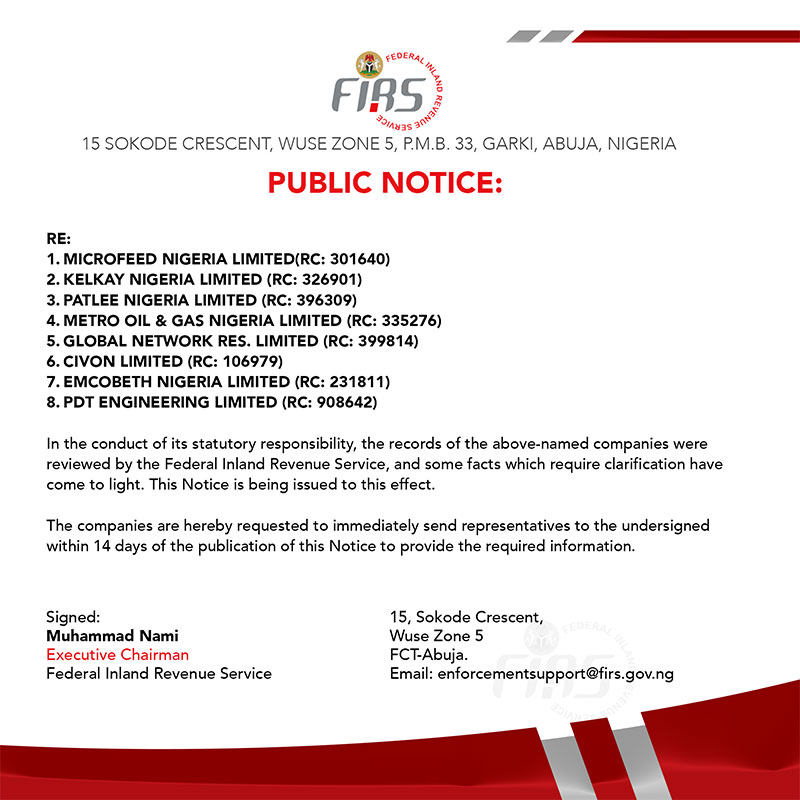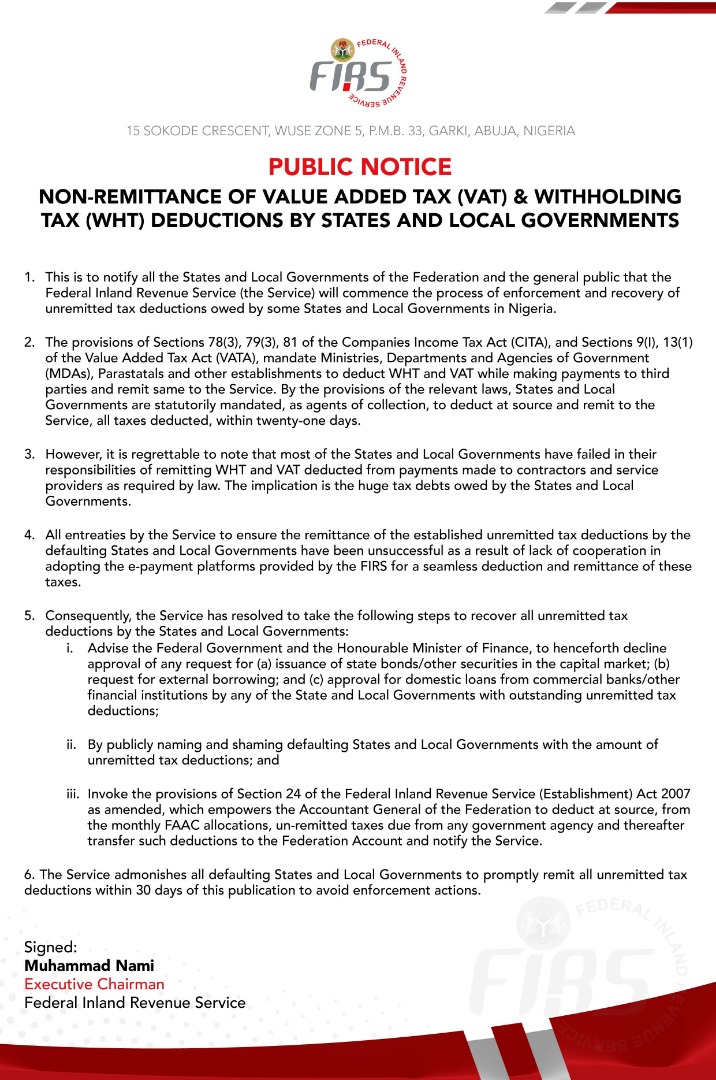Sterling Bank Plc, a full service national commercial bank, has reported a trading income of N7.1 billion for the third quarter ended September 30, 2020 compared with N1.9 billion for the corresponding period of 2019, representing an increase of 264.7 percent.

The bank made the remarkable financial performance despite the prevailing uncertainties that characterised the macro-economic environment in the wake of the outbreak of the Covid-19 pandemic and the attendant fiscal reforms by the Federal Government.
In his remarks on the impressive performance, Mr. Abubakar Suleiman, Managing Director and Chief Executive Officer (MD/CEO) of the bank said, “With economic activity picking up in the third quarter, following the gradual ease in the nationwide lockdown, we continued to leverage on our existing remote work policy to enhance workforce productivity while ensuring uninterrupted service delivery to both existing and new customers.
Our performance continues to reflect positive results of strategic decisions and investments in our focus areas as we continued to record significant improvement in both funding and operational costs. Overall, we delivered a 7.2 percent increase in operating income and a profit after tax of N7.37 billion despite prevailing uncertainties around the COVID-19 pandemic and recent fiscal reforms.”
The CEO said, a 26.2% dip in fee income occasioned by the downward review of electronic banking fees, and slower loan origination due to the protracted lock down was moderated by a 264.7% spike in trading income.
He said growth in balance sheet was driven by a 26.5 percent growth in low cost funds, which saw the bank’s CASA mix improve to 71 percent from 60 percent, delivering a 6.6 percent growth in customer deposits. Our cash and short-term balances increased in line with the higher regulatory reserves while interest income also declined by 6.7 percent, which was offset by a 17.0 percent decline in interest expense. This delivered a 120 bps drop in cost of funds and, consequently, a 100-bps increase in net interest margin.
Suleiman noted that in terms of asset quality, “We proactively increased our cost of risk by 100 bps to 1.9%, while recording a marginal increase in NPL ratio to 2.9%, well below our target of 5%”
He explained that the decline in OPEX was achieved by moderating administrative expenses despite growth in other operating expenses, including AMCON and insurance fees.
The CEO said the bank was able to maintain a strong capital and liquidity position of 16.1 percent and 32.5 percent respectively above regulatory benchmark, adding that overall the bank delivered a profit after tax of N7.37 billion for the 9-month period.
Sterling Bank Plc is a leading national commercial banking establishment in Nigeria. It commenced operations as NAL Bank in 1960. Today, with over N1 trillion in total assets, 160 business offices and over 800 ATMs nationwide, Sterling Bank has grown into a major financial institution. The Bank prides itself as ‘Your one-customer bank’ that celebrates each customer as a unique individual. For further information, please visit http://www.sterling.ng.






























